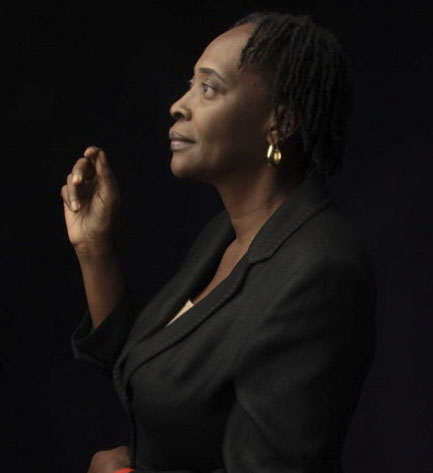The first coup occurred on the 15th of January, 1966.
The coup perpetrators were all Igbos save one, Major Wale Ademoyega.
The coup brought in an Igbo Head of State of Nigeria, Major General Aguiyi-Ironsi.
“The Supreme Military Council headed by General Johnson Aguyi-Ironsi, a member of the predominantly Christian Igbo ethnic group, took control of the government
and suspended the constitution on January 16, 1966.
22 individuals were killed during the military coup. Some 3,000 Nigerians fled as refugees to Dahomey (Benin).
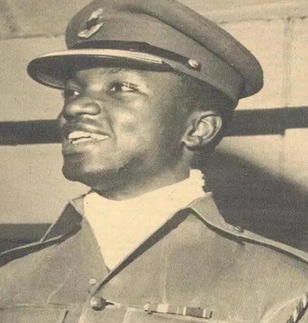
The government of Ghana provided diplomatic assistance (diplomatic recognition) to the military government on January 17, 1966.
The Nigerian government of Ironsi abolished the 4 regional systems on May 24, 1966. The Niger Delta Region was inhabited by Ijaws. They were and are not Igbos.
Adaka Boro led the Ijaws to protest the oppression of Ijaws by the Igbo-dominant rule in the Eastern Region.
The Eastern Region was multi-ethnic. The Igbos being the largest, the Ibibio and Efik who lived in the districts of Uyo, Opobo, Calabar, Enyong, Eket, Creek Town, Duke Town, Old Town and Ikot Ekpene, the Ijaw of Opobo, Bonny, Degema, Okrika, Buguma, Brass, Abonnema & the Annang of Ikot Ekpene, Yakurr, Bahumono, Oron, Ogoni and Ekoi.
The Ijaws were not only in the former Eastern Region but were also in the former Mid-west region which comprised the Benin Province with Edo speaking people and the Delta province that had Ijaws, Isekiri, Urhobo, Isoko, and Ukwuani speaking people excluding Ika and Aniocha.
The Ijaws also have representation in the Southwest in Ondo State along with the riverine areas of Ese Odo LGA, where they are known as the Arogbo Izon clan.
History teaches that the origin of the Ijaws is in Bayelsa State from where they migrated along the paths of the rivers to other places that make up the Niger Delta.
Marginalization was the theme of the first secession. Whether or not one agrees with Adaka Boro would depend on what side of the two tribes (Igbo and Ijaw/Nigeria) one chooses to be.
Adaka Boro’s secession was quashed by Nigeria through the actions of 2 Igbos; Ironsi and Ojukwu.
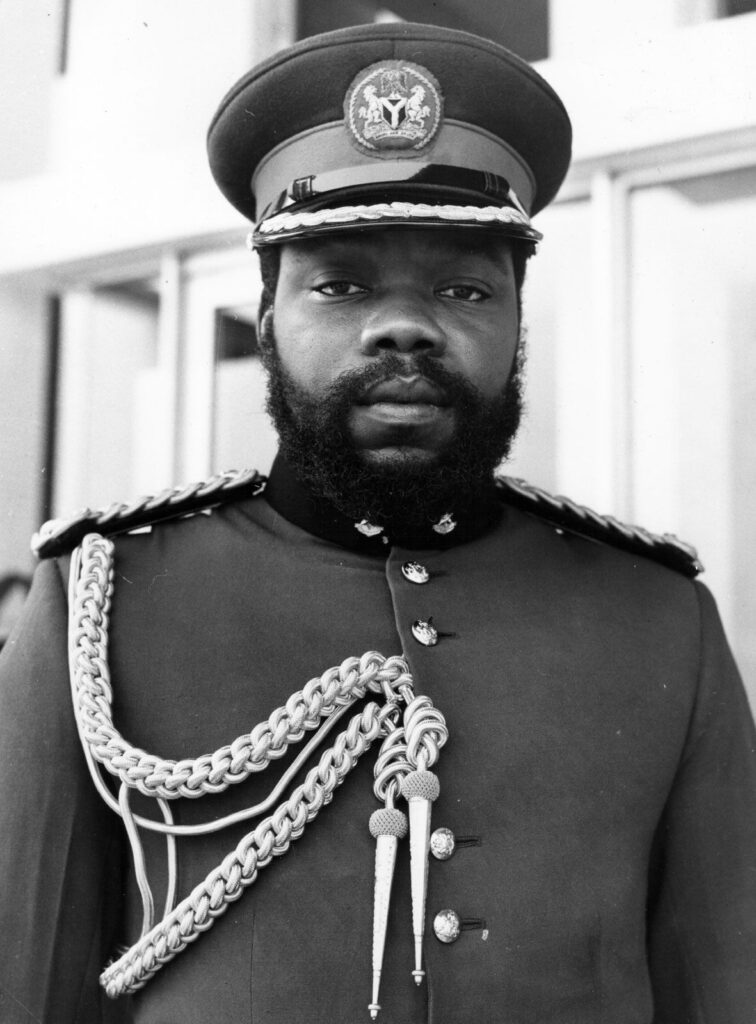
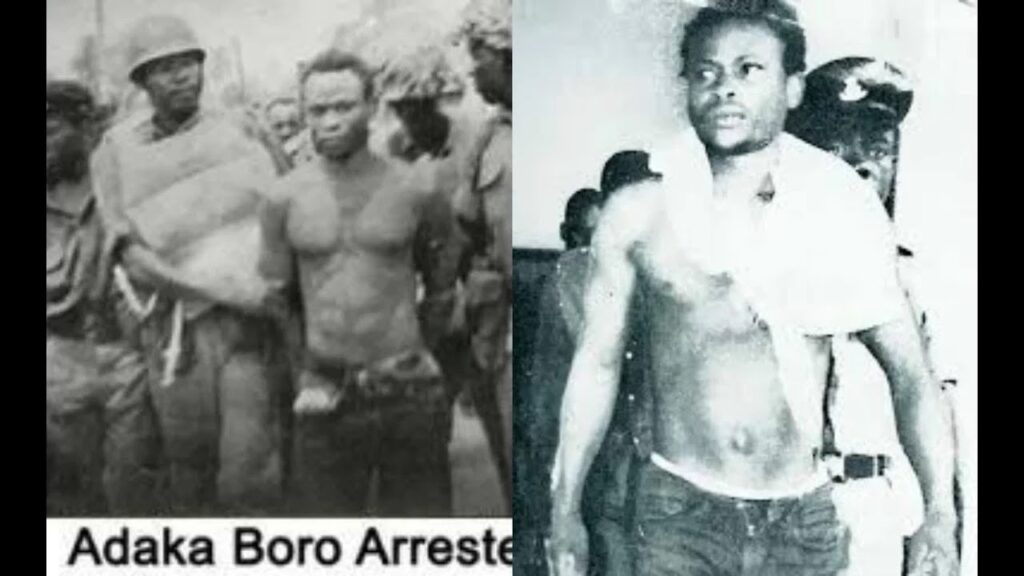
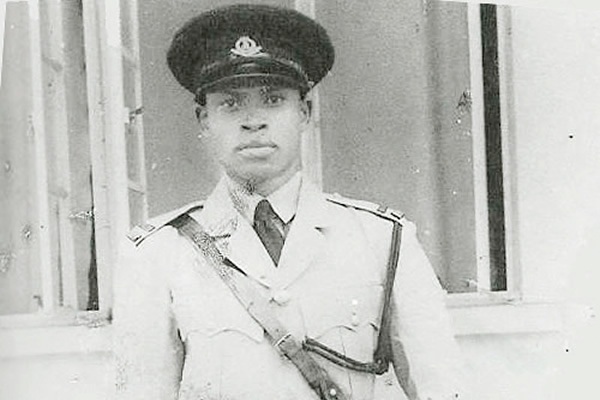
Adaka Boro was against the January 1966 first military coup. He was a supporter of Sir Tafawa Balewa in whom he had faith that the plight of the Niger Delta would be addressed.
The Yorubas had no major part in the first coup and first secession as they were engrossed in their own war of self-annihilation or the implosion of western Nigeria at that time.
With the 1966 first coup, Francis Adekunle Fajuyi became the first Military Governor of the Western Region. He would later die at the hands of the second coup plotters in July of 1966 alongside General Aguiyi Ironsi who was his guest at the time of the fateful event.
Which of the marginalization stories shall we believe? Ojukwu’s marginalization theorem or Adaka Boro’s posit? I leave readers to judge based on facts as recorded in history.
My agenda in this segment is to show that there was scarcely any homogeneity in Eastern Nigeria and the same region did not comprise of a unitary ethnic group. What then is the concept of Biafra that the MASSOB and/or the proscribed IPOB and their ‘supreme’ leader Nnamdi Kanu are defining?
The concept of Biafra seems to me to be the unification of the region around the same arbitrary mapping of Nigeria (as per “Nigeria is a mere geographic expression”) by the colonial masters. A Biafra that includes all the other tribes of Ijaws, Ibibios, Efiks, Eket, Kalabari, Ogonis, Isoko, Urhobos, etc, would not be Biafra but the former Eastern Region. If this posit is correct, then a war to achieve this would be utterly calamitous, in the same way, that it was during the Biafran war when Ojukwu overran Benin for a few days en-route Ore in Ondo State and declared it the Republic of Benin before he was rooted out by the Nigerian troops.
We must remember that most of the other ethnicities in the Eastern Region were sympathetic to the Nigerian side and not to Biafra. In fact, Adaka Boro and his NVDF fought on the Nigerian side after he was pardoned from the conviction for treason and released by Gowon.
In conclusion of this first segment -the first coup and the first secession, we can say this: Secession was not tolerated by Ojukwu and Aguiyi Ironsi when it was attempted. Boro’s rebellion was crushed quickly, and the Nigerian state remained one indivisible entity. Why then did Ojukwu find secession palatable shortly thereafter? The readers can form their own opinion. In fact, history also records that Dr. Nnamdi Azikiwe was not a fan of secession at all.
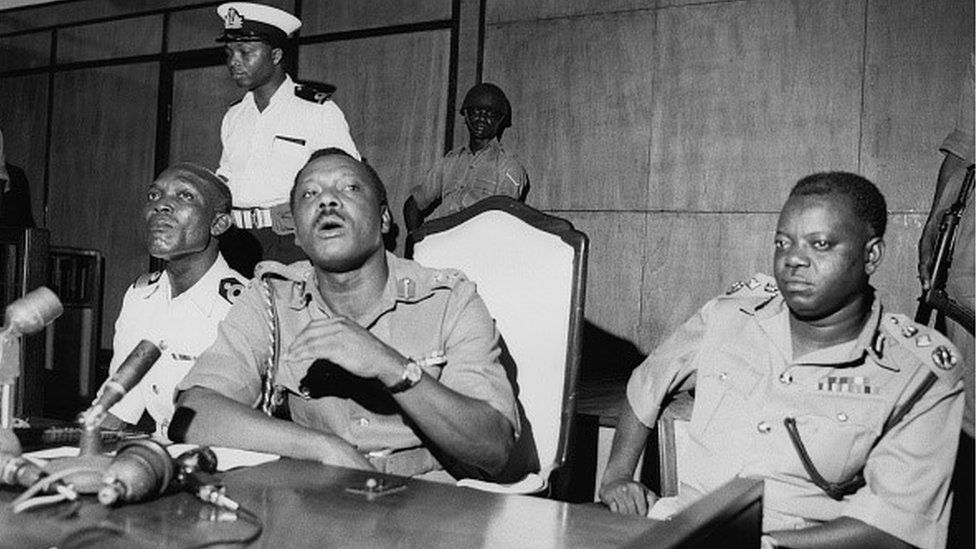
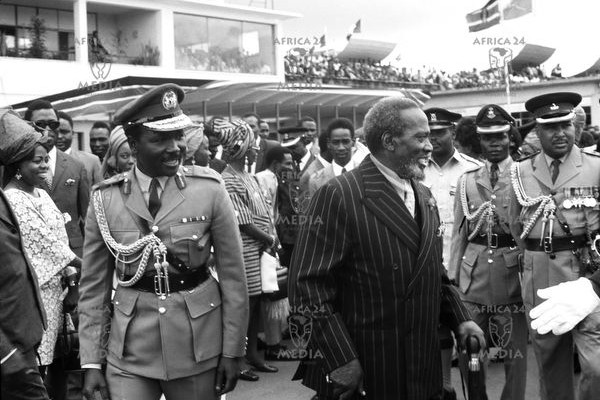
We discussed the inattention of General Aguiyi Ironsi to the need for justice after the first coup. Perhaps if he had court-martialled the coup plotters who had killed many northern leaders in the wake of the coup, the second coup would not have occurred. Sadly, this is a matter of conjecture. For whatever reason, his inattention became fodder for conspiracy theories that he did nothing to disprove. That he did not believe in Nigeria as one indivisible country is however not true, because the coup was quashed. Ojukwu also showed that he believed in Nigeria as an entity at that time because he was stationed in the north in January 1966 and helped to quash the coup in the north. Injustice un-redressed has a way of spiraling out of control and this has been the bane of Nigerian nationhood since 1966. Northern military officers staged a reprisal coup in July of same 1966 in which Aguiyi Ironsi was killed. But prior to the coup, ethnic violence was rife in the north against the Igbos. Nigerians must not heap the blame of the descent into war solely on the Igbos. It was the inattention of one man and not the inattention of an entire tribe. The following account of the descent into the war was recorded in the university of Arkansas Political Science Department archives (https://uca.edu/politicalscience/dadm-project/sub-saharan-africa-region/nigeria-1960-present/)
-“About 115 individuals, mostly ethnic Ibos, were killed in political violence on May 28-June 2, 1966.
-Major General Aguyi-Ironsi was deposed and killed in a military coup led by Lt. Colonel Murtala Muhammed on July 29, 1966.
-Some 30 individuals were killed in political violence in Lagos on July 29-August 1, 1966, and some 250,000 ethnic Igbos fled from the Northern Region to the Eastern Region following the military coup.
Lt. Colonel Yakuba Gowon was sworn in as the head of the federal military government following the military coup, and he restored the four federal regions on August 31, 1966.
Some 2,000 ethnic Ibos were killed in political violence in the Northern Region from September 29 to October 4, 1966.
Lt. Colonel Odumegwu Ojukwu, military governor of the Eastern Region of Nigeria, declared that the region would no longer recognize Lt. Colonel Yakubu Gowon as head of the federal military government on March 2, 1967.
Lt. Colonel Gowon assumed full powers as commander-in-chief of the armed forces and head of the military government on May 27, 1967.
Lt. Colonel Gowon proclaimed a state-of-emergency on May 28, 1967.
Lt. Colonel Odumegwu Ojukwu, military governor of the Eastern Region, declared the independence of the Republic of Biafra in southern Nigeria on May 30, 1967.”
Why did Nigeria go to war? What part did pride or arrogance play between the evenly ranked Gowon and Ojukwu? Could the war have been averted if the two had been able to master their individual selves? Next page

